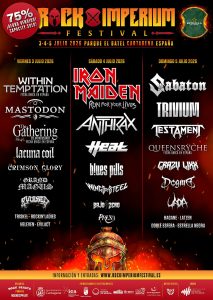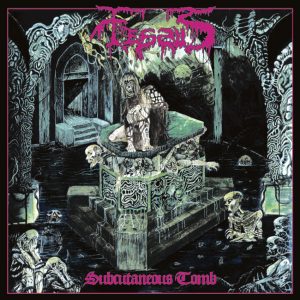Creativity or Death! Why Capitalism Hates Your Ideas

Let’s start with an uncomfortable truth: we live in a society that values productivity over creativity. It’s not that the system gives a damn about your brilliant, original, or even revolutionary ideas. What matters is that these ideas, if they exist, are profitable. And if they’re not, well, you better put them in a box so they don’t upset anyone. Because, surprise! This giant machine we call capitalism isn’t keen on you thinking too much. It wants you to produce. To consume. To stay busy all the time, so you don’t start questioning why the hell we’re running on a giant hamster wheel while the world falls apart.
Why Does Capitalism Hate Creativity?
Capitalism, that wonderful notion that everything you do must generate profit, has hijacked the concept of creativity to sell you anything and everything. In its sugar-coated version, creativity is the bank commercial that tells you to «dare to dream» (while you sign a 30-year mortgage) or the sneaker brand promising that your steps will change the world. But in its raw essence, creativity is subversive. It’s dangerous. Because it can’t be controlled, measured, or, often, monetized.
And that, folks, is a huge problem for the system. A creative person isn’t satisfied with what exists; they imagine what could be. And if creativity stops being a hobby and becomes a political act, a space of resistance, then the system starts to shake. That’s why it keeps us busy: endless workdays, algorithms designed to swallow every second of your attention, and, of course, that absurd pressure to feel worthless if you’re not productive. Leisure, boredom, and the time to create are acts of rebellion in a world that wants you exhausted and obedient.
Creativity and Change Are Born on the Margins
The interesting thing is that when capitalism crushes something, what emerges from the cracks is pure resistance. Creativity blooms on the margins, where there aren’t inquisitive eyes trying to turn it into a product. In music, these cracks are called counterculture. Punks, hippies, metalheads, ravers, queer artists—a parade of people who said: «We don’t need your permission to create something amazing.» In these communities, ideas are born that the system cannot (or doesn’t know how to) digest. That’s why they’re a refuge, but also a laboratory for imagining different futures.
Rock and Metal: Counterculture or Comfort?
Now, let’s get to the point: the rock and metal scene. These genres were born as a cry of rebellion and, at their best, are pure creativity turned into music. The problem? Too often, we confuse rebellion with posturing, and we get stuck in clichés. How many bands repeat the same riffs, the same lyrics about the same heartbreak or the same apocalypse? How often is metal’s “rebellion” reduced to wearing a Slayer T-shirt while shopping on Amazon?
Don’t get me wrong; rock and metal have massive potential. But to stay relevant, we need to learn from other scenes that have been teaching us lessons in self-management, community, and resistance for years. Because, let’s admit it, in many ways we’ve fallen into capitalism’s traps: brand-packed festivals, exorbitant ticket prices, absurd competitions between bands over who sells more merch. Where did the creative spark go?
Lessons in Self-Management and Mutual Support
Here’s where we can draw inspiration from other countercultures. Punk, with its DIY philosophy, has shown us that you don’t need a big label to release records or organize a festival. The queer scene has built safe spaces where mutual care and solidarity are the norm. Even hip hop, in its origins, was pure ingenuity: turning a turntable into an instrument and a sidewalk into a stage. These communities understand something that rock and metal sometimes forget: resisting the system isn’t just about playing louder; it’s about taking care of each other, supporting each other, and creating spaces where the goal isn’t selling tickets but sharing something real.
A Creative Future for Rock and Metal
What if the rock and metal scenes embraced this philosophy? What if, instead of competing, we collaborated? What if, instead of waiting for a label to “discover” you, bands came together to release self-managed records? What if concerts were inclusive spaces where everyone (yes, EVERYONE) felt welcome?
Imagine festivals where it didn’t matter who the headliner was because the collective experience was what mattered. Where ticket prices were accessible, profits were redistributed to support emerging artists, and the audience wasn’t just spectators but active participants in the scene. That would be a revolution. That would be creativity in action.
Conclusion: Don’t Produce, Create
Creativity isn’t a luxury; it’s a necessity. It’s how we can resist and reimagine the world. And rock and metal, genres born as acts of resistance, have the power to lead this change. But to do so, we need to stop thinking the way the system tells us to think. It’s not about producing more records, more concerts, more merch. It’s about creating something that matters. Something that can’t be bought or sold.
So, next time you feel guilty for not being productive, remember this: capitalism doesn’t want you to be creative because creativity is power. And that power, in the right hands, can change everything.








